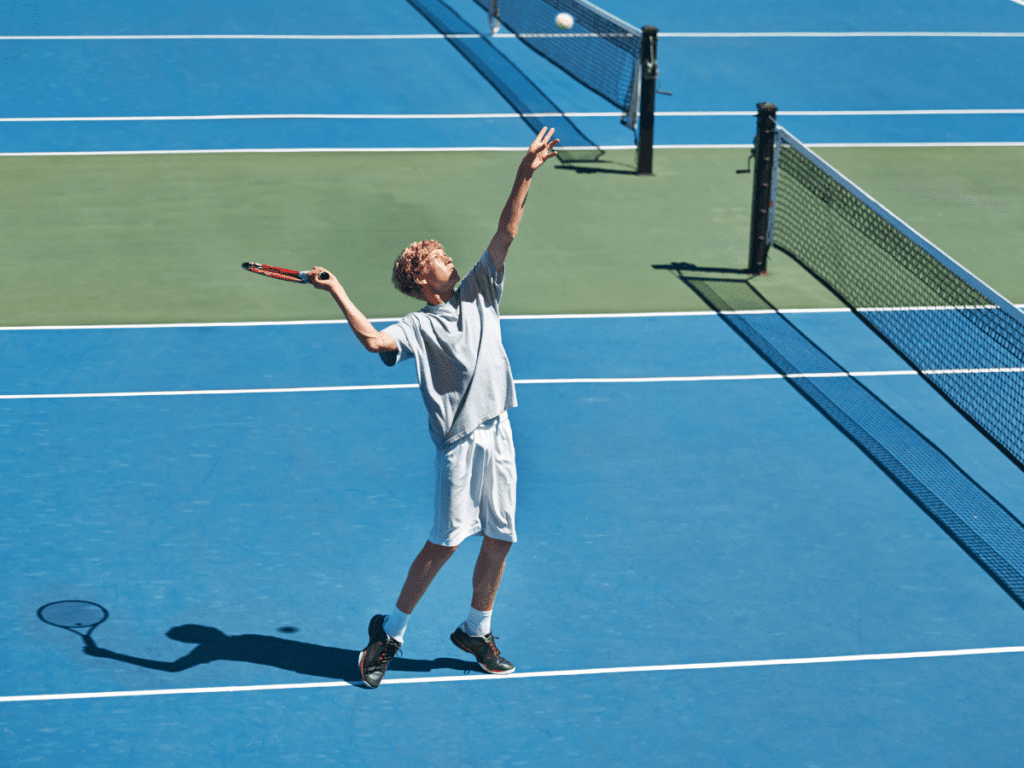Age-related muscle loss
Adults between the ages of 50-60 lose approximately 1-2% of their muscle mass each year, while adults over the age of 60 lose 3% annually. Positive lifestyle behaviours (e.g., adhering to a healthy diet and regular exercise) can help to combat muscle loss associated with aging.
Cycling and men’s health
A common myth is that cycling can be detrimental to men’s health, including links with erectile dysfunction and prostate cancer. However, findings from a new worldwide study demonstrated no association between cycling and men’s health issues. Learn more about the study and results in this video from the Global Cycling Network.
Healthy sleep for youth
Research indicates 70% of school-aged children and youth in Canada met recommendations for healthy sleep. This is important because a good night’s sleep can improve cognitive functions and moods, help maintain healthy body weight, and increase energy to help kids stay active throughout the day. In this infographic, discover tips to support healthy sleep behaviours…
Trauma-sensitive play
Children acting out on the field or in the pool may lack the skills to regulate their thoughts, emotions, and behaviours; rather than the will to respond in prosocial ways. Trauma-sensitive play can help build children’s skills and resilience.
World Health Day
Today is World Health Day, a global initiative to create awareness around important health issues. Social isolation and loneliness have been linked to increased risk of heart disease, stroke, depression, and other health conditions. While physical distancing measures are necessary to help prevent the spread of COVID-19, finding strategies to maintain and improve health –…
Motor skill inequalities
Children of families with low socio-economic status face often barriers to developing the motor skills needed to enjoy and engage in physical activity and sport throughout life (e.g., limited access to sport equipment at home, reduced parental support, and fewer financial resources). To address motor skill inequalities, targeted interventions should consider developmentally appropriate activities to…
Screen-free family time
According to the Canadian 24-Hour Movement Guidelines, children and youth (5–17 years) should limit recreational screen time to 2 hours per day and efforts should be made to interrupt extended periods of sitting. Check out this infographic for tips on creating a family media plan that includes screen-free family meals and the use “device baskets.”
Sleep and concussion recovery
Getting a good night’s sleep is important for athletes recovering from a concussion, but many athletes struggle to get quality sleep following their injury. Improving sleep hygiene, including creating a regular pre-bed routine, avoiding technology before bed, and optimizing your sleep environment, can improve sleep patterns to help the brain recover and allow athletes to…
The effects of adolescent physical growth and maturation on selection into sport and the long-term effects on sports participation

Project summary Sport Canada’s Long Term Athlete Development (LTAD) model acknowledges that there are limitations to ensuring appropriate development of team sports, especially with regards to selecting into chronological age (CA) bands. Adolescent of the same CA can be 4 to 5 years apart developmentally (Biological Age; BA). It’s suggested that late maturation could impede…
“Sideline” physical activity
For busy youth sport parents, finding time for personal sport and physical activity can be difficult. However, engaging in “sideline” physical activity during your child’s practice or game may be one way to counteract the negative effects of sitting and other sedentary elements of the traditional parent–spectator role.